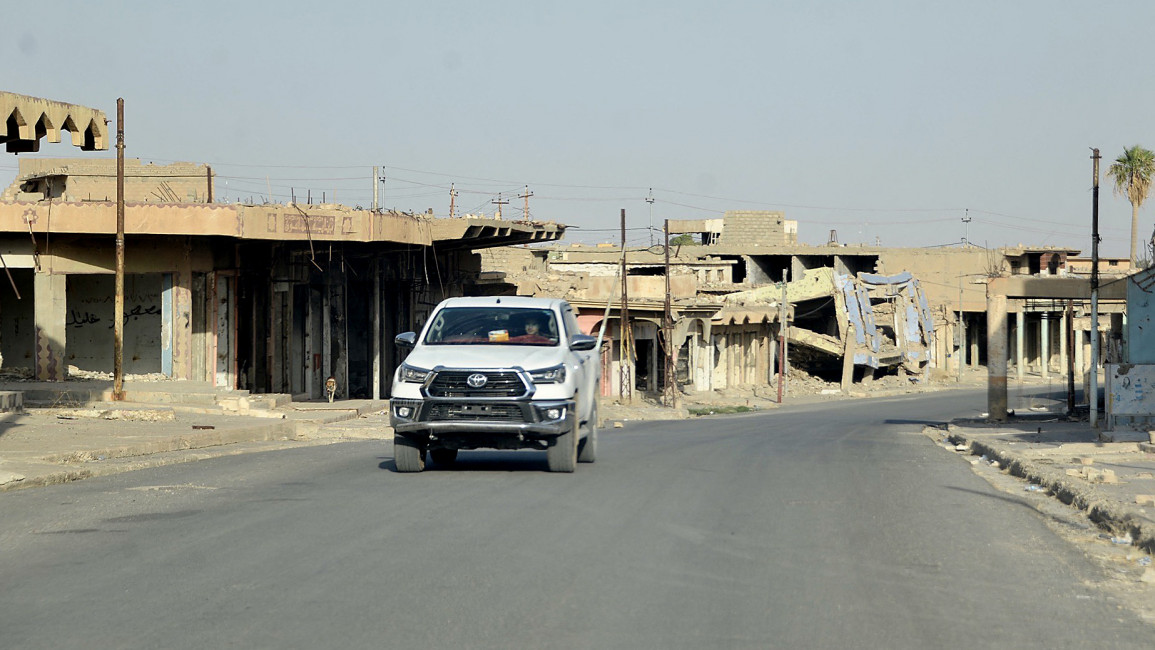Iraq announces return of 487 Yazidis to Sinjar, nine years on from genocide by Islamic State
Some 487 Yazidis returned to the Sinjar district of northwestern Iraq, the country's migration ministry said on Monday, more than nine years after hundreds of thousands of people from the ethnoreligious minority fled persecution by the Islamic State (IS).
IS captured swathes of territory in Iraq and Syria in the summer of 2014, but exercised particular brutality when it came to the Yazidis, who they considered infidels. IS enslaved thousands and killed thousands more in what has been recognised in several countries as being a genocide.
War to push the extremist group out of the area saw much of the area's infrastructure destroyed, and some 400,000 Yazidis were displaced from their heartland of Sinjar.
A security vacuum has long existed in the area, with various armed groups claiming control of different parts of the district. Turkey frequently strikes Sinjar, where there are local fighters affiliated with the Kurdistan Workers' Party (PKK).
Some 200,000 Yazidis remain displaced, according to official figures, with many living in camps scattered across Iraqi Kurdistan.
Thousands more are still missing, and the process of exhuming mass graves and identifying the victims of the IS genocide has been painstakingly slow.
The Iraqi government has been widely criticised for its failure to make Sinjar safe, to compensate survivors, and to punish perpetrators of the genocide.
UNITAD, the UN mission established to help get justice and accountability for Yazidis, has also been brought to an abrupt end, further dimming hopes of perpetrators being held to an account.



